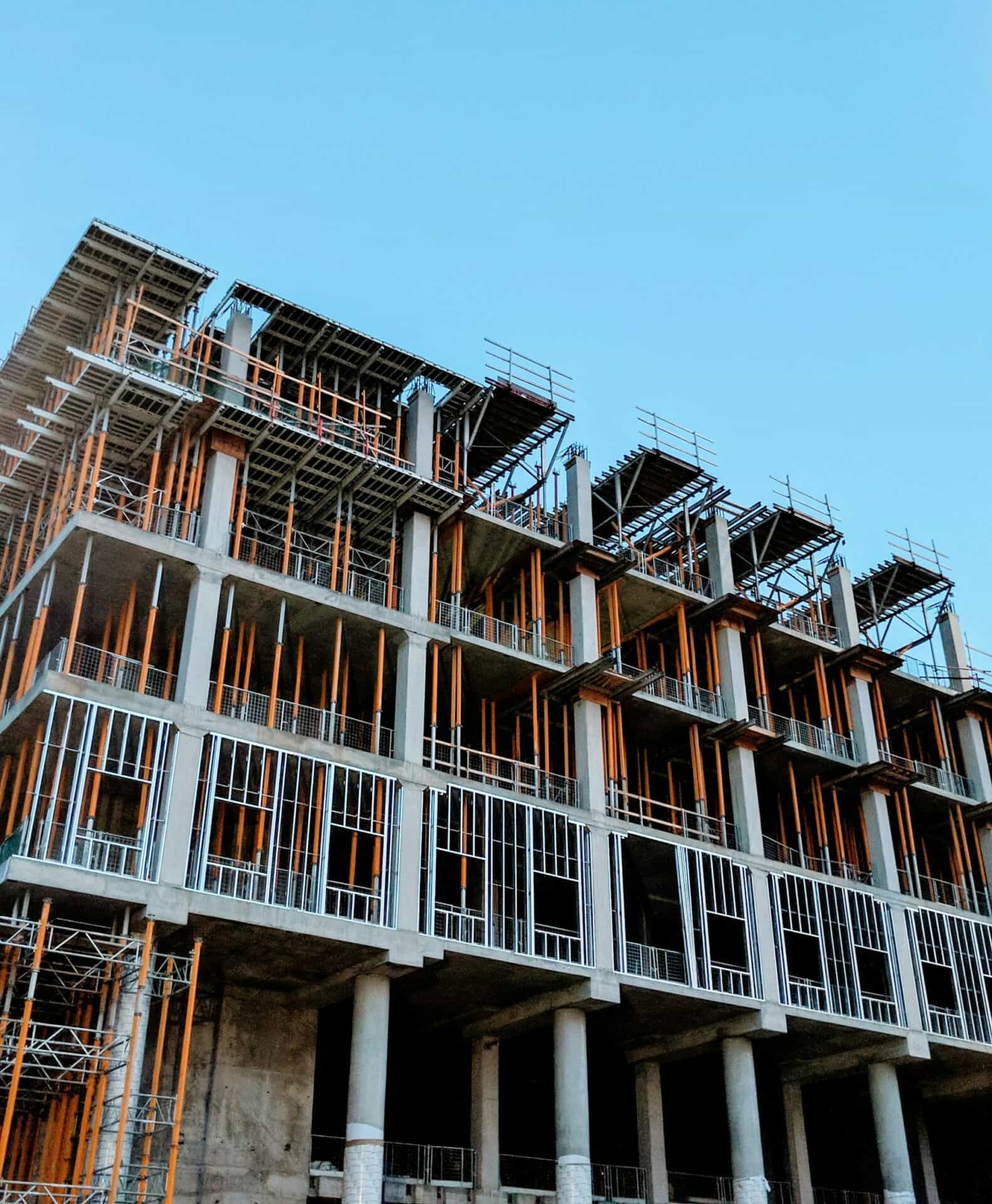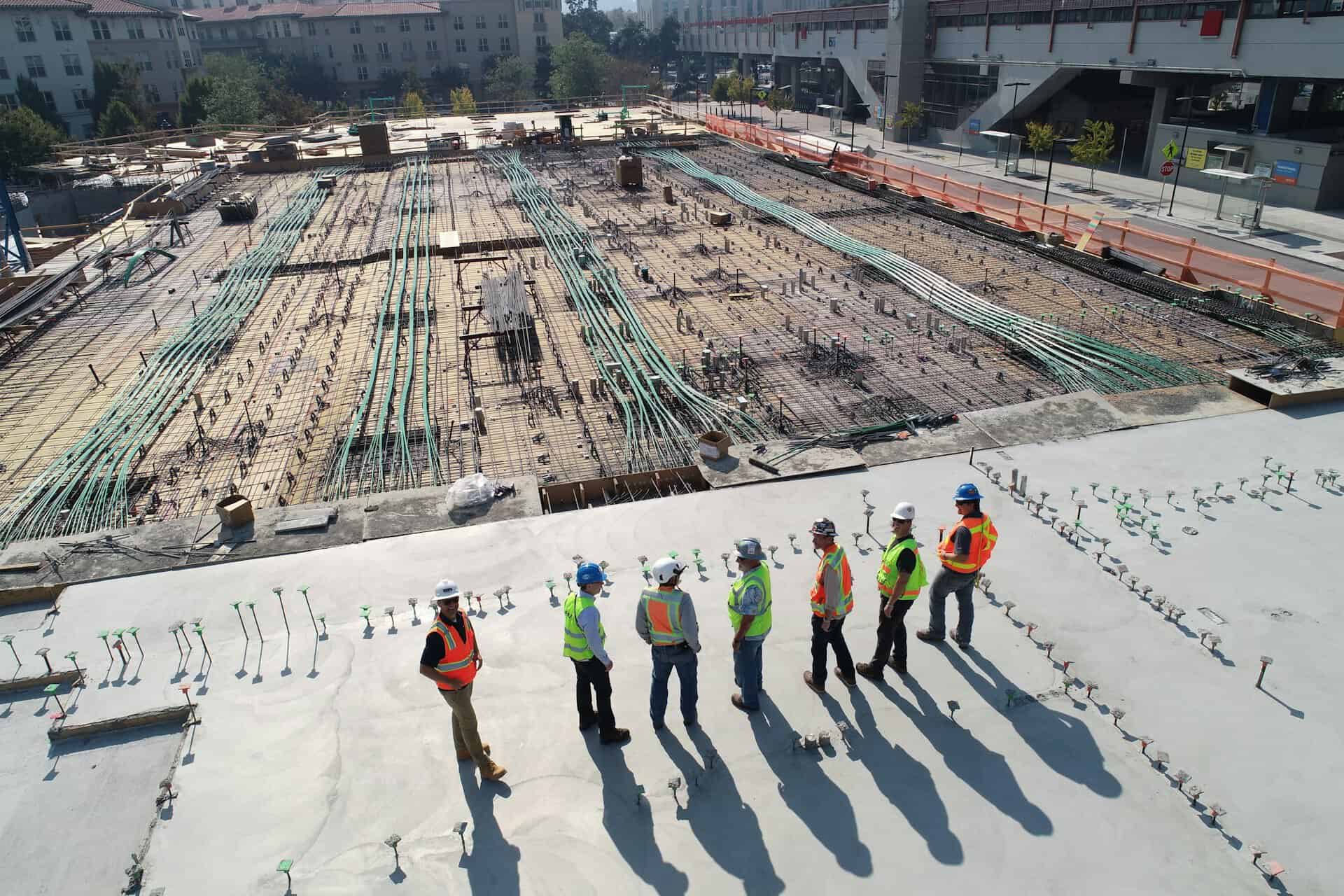For many Australians, retirement is a phase in life that signifies relaxation, travel, and pursuing hobbies. But, remember that a comfortable retirement needs careful financial planning. Property investment is a popular strategy.
If you want to make money from investment properties during retirement, you might have some questions. We hope to answer them for you in this article.
How Does Property Investment Compare to Other Retirement Investment Options?
Investing in property can provide a steady and passive income by renting it out and increasing its value in the future. Unlike stocks, properties can provide a tangible asset that can be utilised (e.g., rented out or sold) or passed down to heirs. But, investing in real estate usually needs a lot of money and time to manage. In contrast, stocks and bonds are easier and cheaper to start with and require less attention.
What are the Pros and Cons of Using Property to Fund Your Retirement Savings?
When you plan for retirement, think about the pros and cons of investing in property. Here are a few to keep in mind:
Advantages
Capital Growth
Investing in property for retirement can potentially lead to a significant increase in asset value. If an investor buys a property in a popular area or a growing suburb, the property’s value can increase a lot over time.
To ensure your property grows in value, do thorough market research and consult with a real estate expert during due diligence.
Regular Income
Investing in property offers the advantage of earning a steady income through rental yields. By leasing the property, you can create a steady income during retirement when money is tight. This regular cash flow can cover living expenses, giving financial security and freedom.
Tax Deductions
When you rent a property, you can get tax deductions that make the investment more profitable. Investors can typically deduct costs related to managing, conserving, and maintaining their property.
Tax depreciation, for example, lets investors deduct property wear and tear, saving money on taxes over time.
Potential Disadvantages
Maintenance Costs
On the flip side, one of the notable cons of investing in property is the inevitable maintenance costs that will accrue over time. To keep their value and attract renters or buyers, properties need regular maintenance and upkeep. Regular repairs, renovations, and maintenance can lower the investment’s profitability due to their costs.
Liquidity
Liquidity, or rather, the lack thereof, is another critical risk to consider when investing in property. Property is not as easily converted to cash as stocks or bonds without risking its value.
Selling a property can take a long time and cost a lot of money. It also involves paying agents, lawyers, and taxes. This lack of liquidity can be particularly problematic in retirement if unexpected costs arise and quick access to capital is required.
If a retiree needs money for a medical procedure, not being able to sell property quickly could cause financial problems.
Market Volatility
Lastly, property can increase in value, but it can also decrease due to changing markets. Property values can change due to various factors, such as economic downturns, interest rate fluctuations, and shifts in the local property market.
To protect your investments, be aware of the risks and spread your money across different investments.
How Can I Diversify My Property Investment Portfolio to Safeguard My Retirement Income?
To lower risk, diversify by investing in different types of properties (like homes and stores) and locations. In addition, earning money from stocks or bonds can protect against changes in the property market.
How Many Rental Properties Will I Need to Retire Comfortably?
To answer this question, think about your money, future needs, and possible investment returns.
Assessing Cost of Living and Income Needs
- When estimating your yearly living expenses in retirement, consider healthcare, leisure, utilities, and unexpected costs.
- The lifestyle you want when you retire affects how much money you’ll need. Whether you plan to travel, pursue hobbies, or assist family members financially, these aspirations should be factored into your income requirements.
Evaluating Rental Income
- When thinking about net rental yields, look at the rental income minus all costs. These costs include maintenance, property management fees, and mortgage repayments, if applicable.
- Remember that rental yields can change due to market conditions, property location, and type, which affect your income.
Financial Planning and Strategy
- When creating an investment strategy, consider your risk tolerance, financial capacity, and retirement goals. To achieve your financial goals, choose properties that match your objectives and manage them to increase rent and reduce costs and risks.
- Calculating the ROI on potential properties helps you see how profitable the investment is. It also helps you figure out how many properties you need for retirement income. To assess the value of a property, we need to consider both its rental income and potential appreciation.
Tax Implications and Regulatory Compliance
- It’s important to understand the tax implications of rental earnings and selling property. Using tax deductions and exemptions well can boost your property investments’ profitability.
- To avoid legal problems and fines, it’s important to make sure your properties follow local laws. This includes tenant rights and property standards and helps protect your rental income.
Diversification and Risk Mitigation
- Diversifying your retirement portfolio can provide more security and balance risk. Invest in different asset classes like equities and bonds, not just real estate. This helps protect against market fluctuations in the property sector.
- To protect your investment and ensure a steady income, create a strong risk management plan. This plan may include insurance, smart asset allocation, an emergency fund for unexpected expenses, and careful tenant selection.
To retire comfortably, you’ll need to consider your personal circumstances, retirement goals, investment strategy, and property market performance when deciding how many rental properties you require.
Working with financial and real estate experts can help you create a retirement plan that meets your goals and guarantees stability.
How Does Property Investment Affect My Eligibility for the Age Pension?
The Age Pension provides income support and access to a range of concessions for eligible older Australians. The eligibility and payment rate for the age pension are determined by applying both an income test and an asset test.
The income from renting and the property’s value can affect your eligibility and pension payment.
For example, the net rental income from your investment property (gross rent minus allowable expenses) is considered assessable income for the age pension income test.
To assess your total income, we count the net income generated from your property investment alongside other forms of income, such as wages or earnings from other investments.
If your income is too high, it might lower your pension payment rate or make you ineligible.
The market value of your investment property is also considered an asset for the age pension assets test. The assets test considers your properties, excluding your main home, to decide if you qualify for the age pension. If the total value of your assets exceeds the allowable asset threshold, it may reduce your payment rate or make you ineligible for the age pension.
So, understanding how your property investment affects your age pension eligibility requires a thorough analysis of both the income and asset tests. You must plan your investment strategy in a way that optimises your financial resources during retirement while considering the potential impact on your age pension entitlements.
Engaging with a financial advisor, especially one with expertise in retirement planning, can provide valuable insights and help you navigate through the complexities of pension eligibility while maintaining a profitable investment portfolio.
What Are the Key Factors to Consider When Choosing Retirement Investments?
Key factors include location, property condition, local market conditions, and future growth potential. To make the best choice, research local amenities, schools, employment opportunities, and property value trends. Also, consider your budget, financing options, and potential return on investment.
How Can I Leverage Equity in My Investment Property to Fund My Retirement?
You can use the equity you own in your property to refinance your mortgage or get a home equity line of credit. You can put this toward investments, property improvements, or to add to your retirement income. But it’s essential to know the risks and costs.
What are the Tax Implications of Selling a Rental Property After Retirement?
Selling a rental property can incur capital gains tax on any profit made from the sale. However, certain exemptions and reductions might be applicable, especially if you’ve held the property for a long time.
If you’ve owned the property for over a year, you might qualify for a 50% CGT discount. This reduces the taxable portion of your capital gain by half. This concession is particularly beneficial for retirees who may have invested in property as a long-term strategy.
And, if at any point the rental property was your main residence, you might be eligible for a partial main residence exemption. The portion of the capital gain that relates to the period the property was your main residence (plus some additional specified periods) could be exempt from CGT.
What Strategies Can I Employ to Maximise the Return on My Retirement Property Investment?
To make more money from a property, you can improve it, claim expenses on your taxes, and manage it well.
For example, one often overlooked deduction is depreciation. Depreciation refers to the reduction in the value of an asset over time, and in the context of property investment, you can claim it as a deduction against the wear and tear of the structural elements of a building (known as capital works) and the plant and equipment items within it (such as appliances, carpets, etc.).
By deducting expenses, you can lower your taxable income and increase your investment’s net yield.
Key Takeaways
Property investment can be a smart move for retirement investors in Australia. However, like any investment, it requires careful consideration, planning, and management. Always seek professional advice to help you work towards your financial goals.
If you need assistance with ordering a depreciation schedule to maximise the return on your investment, contact us today.

Ready to get started?
Talk to one of our friendly property experts to get a free quote or more Information.










